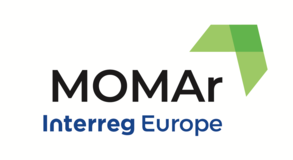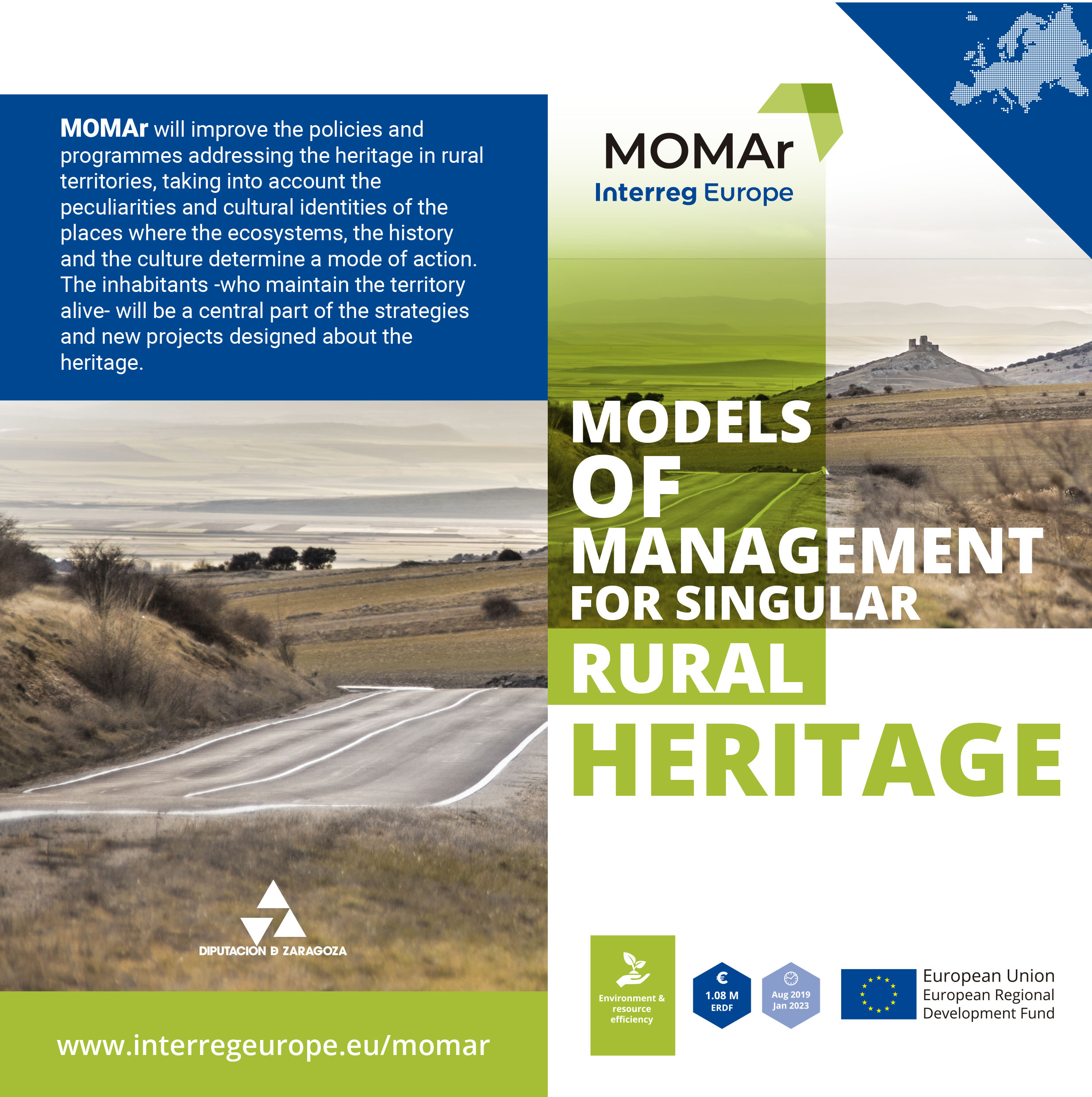MOMAr's partners and stakeholders got together on the 25 March on the second day of exchange of practice. The session allowed to delve into the use of cultural and natural spaces for the benefit and direct enjoyment of the population.

In this sense, Iron Gates Region Museum in Rumania showed its last works of restoration of an archaeological park based on a roman ancient ruin, and they parallel research to keep the memory of thousands of memorial monuments in honour to the First World War soldiers, spread across the country and real pieces of art in a process of abandon. Mehedinti Plateau Geopark, from its side, converted a cave of special geological, ecological, and historical interest into a concert stage.
Regional Development Agency of South Bohemia explained a trans-border cooperation project, Památky žijí, created to bring people to historical heritage sites such as castles or monasteries, but in a modern format of events, music performances, workshops, fairs… Similarly, the multi country-based Reformation cultural route is getting more and more visitors to sites related to the religious reformation movement across Europe that happened from the 12th to 19th century.
When we get to know our natural and cultural heritage closely is when we give it more value
Travelling to Spain, Daroca International Early Music Festival & Course was presented as a good practice where culture is giving life to the historic and architectonic local heritage. The roman city of Los Bañales of Uncastillo was also an example of how to offer alive ancient ruins sites to the visitors. In addition, stakeholders from the Province of Groningen contributed with two more projects, an ecovillage with the plan to build a sustainable community at the same time they work for the conservation of industrial and natural heritage, and the project School Kerk designed to use churches for educational purposes, not necessarily religious-related but with a will to create a dialog between children and a better understanding of multicultural communal living.
As a closure, Isabel Soria, scientific coordinator of MOMAr, concluded about the need to "put digitization at the service of educational and pedagogical projects", since she assured: "when we get to know our natural and cultural heritage closely is when we give it more value, we have to make an effort to explain it and make people feel united to it".
To know more about the first session of the III Interregional Event click here













